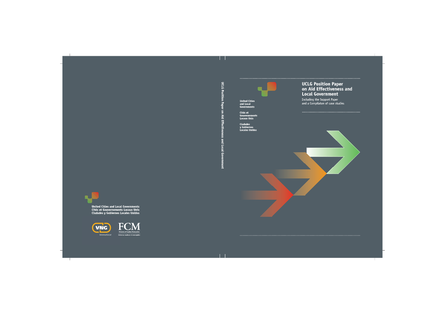
The 2005 Paris Declaration on Aid Effectiveness, signed by all OECD countries and endorsed by many developing countries, reflects a consensus on a series of recommended actions which official development agencies and partner countries could undertake to enhance the delivery and management of aid. These actions include, amongst other things: i) local ownership of development strategies; ii) alignment with national development strategies; iii) harmonization of development interventions; iv) managing for results; and v) mutual accountability and transparency.2 This policy consensus is shaping the way that donors define their priority sectors, focus countries, and select the mechanisms through which they deliver aid. There is however a growing consensus that the Paris Declaration has fallen short in its objective of enhancing aid effectiveness. Part of this failure can be attributed to the great emphasis placed by donors on the mechanics of aid delivery rather than the development impact generated by aid. Another key weakness that has been highlighted is the absence of key development stakeholders (i.e. civil society and local governments) in the policy discussions.
Resource collections
- UN Habitat - Urban Response Collection
- Urban Response - Urban Crisis Preparedness and Risk Reduction
- Urban Response Collection - Community Engagement and Social Cohesion
- Urban Response Collection - Economic Recovery
- Urban Response Collection - Environment and Climate Change
- Urban Response Collection - Housing, Land and Property
- Urban Response Collection - Urban Crisis Response, Recovery and Reconstruction
- Urban Response Collection - Urban Resilience